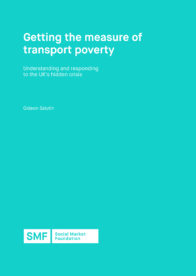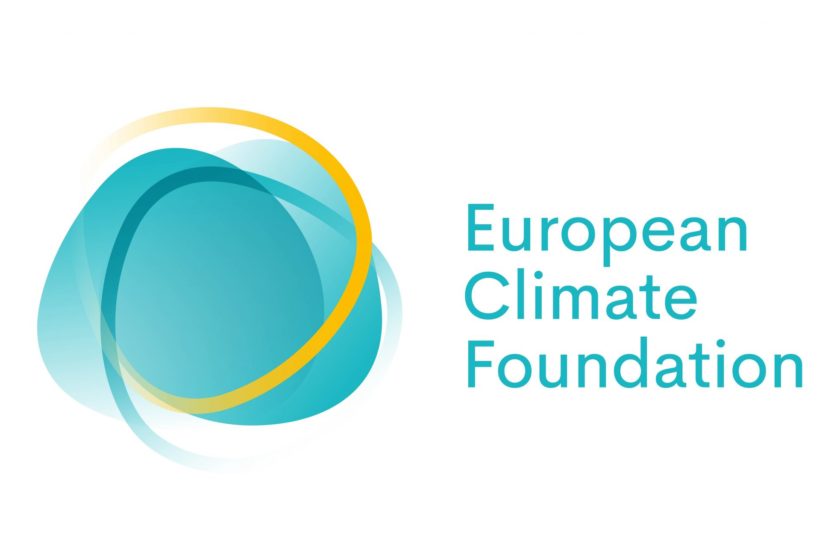As the single largest cost for millions of households across the UK, understanding the financial burden of transport is critical to decreasing poverty. Yet, unlike for energy or housing, there is no metric in place to track the cost and accessibility of transport. This report seeks to fill that gap by developing a measure to demonstrate the causes, locations and depths of transport poverty.
SUMMARY
- Transport is the single largest household expense (excluding mortgage repayments) for rural families, and the second largest for urban ones. Transport costs therefore contribute significantly to poverty, pushing over 5 million people, or 8% of the population, into poverty.
- Cars are the most expensive mode of transport, both per mile and overall. Meanwhile, the median British household spends £5,944 on transport every year, of which £5,740 goes to driving, £87 to buses and £121 to rail.
- Poorer regions of the country, which tend to be less well served by public transport, are the worst affected by transport poverty. 12.5% of people in the North East likely suffer from transport poverty, compared to only 3.5% of people in London.
- Freezing fuel duty does little to alleviate transport poverty. Fuel duty freezes since 2011 have only saved the median UK household £13 per month, decreasing poverty by just 0.3 percentage points, despite a cost of £100 billion to the Exchequer.
- This money would be better spent reversing cuts to public transport in poorer areas, giving those in transport poverty a cheaper option. Every 10% increase in the speed of public transport relative to driving saves the average household over £434 per year
- To address the problem of transport poverty, the government should:
- Adopt and refine our metric to track the geographic and demographic distribution of transport poverty.
- Recognise that freezes to fuel duty have failed to decrease transport poverty and allow the rate of fuel duty to rise or replace it with road pricing mechanisms.
- Use transport poverty metrics to target extensions of public transport networks outside London where they would be most effective at reducing transport poverty.
- Reduce the upfront costs of electric vehicles to increase access to electric vehicles among groups most impacted by transport poverty.


